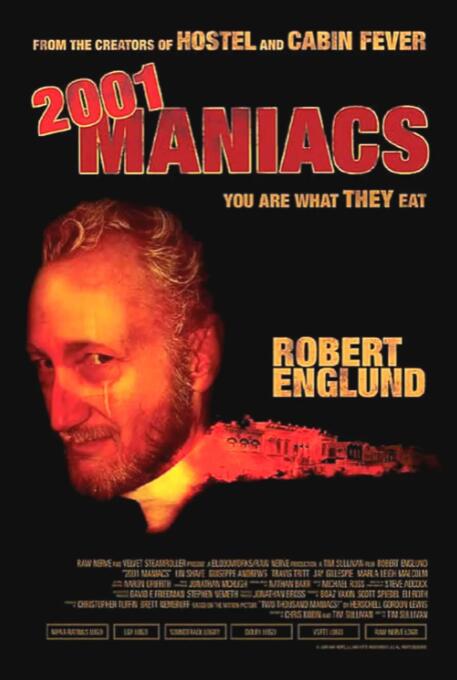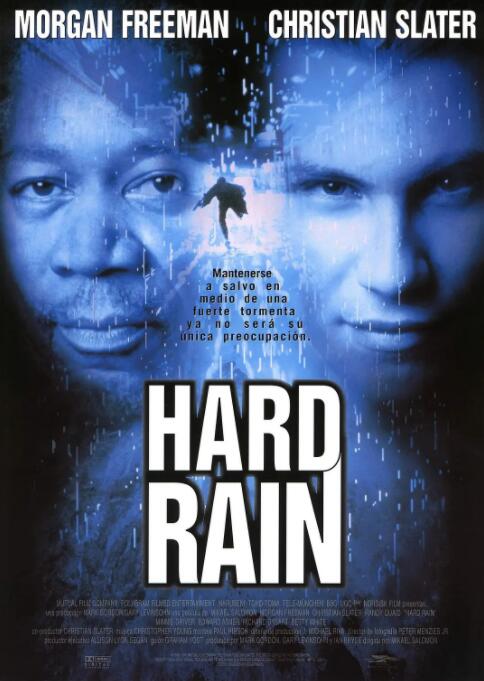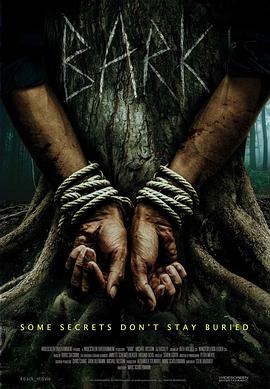- 正在播放《欧洲的某个地方》 - 量子资源1
- 提醒不要轻易相信视频中的任何广告,谨防上当受骗
- 技巧如遇视频无法播放或加载速度慢,可尝试切换播放节点或者切换解析
- 收藏爱播-致力于为全球影迷谋福利!网址:v.162182.com / v.162182.com ,记得收藏哟~
剧情:
Somewhere in the remote region, the war ends. In the midst of ruined cities and houses in the streets, in rural hamlets, everywhere where people still live, are children who have lost their homes and parents. Abandoned, hungry, and in rags, defenseless and humiliated, they wander through the world. Hunger drives them. Little streams of orphans merge into a river which rushes forward and submerges everything in its path. The children do not know any feeling; they know only the world of their enemies. They fight, steal, struggle for a mouthful of food, and violence is merely a means to get it. A gang led by Cahoun finds a refuge in an abandoned castle and encounters an old composer who has voluntarily retired into solitude from a world of hatred, treason, and crime. How can they find a common ground, how can they become mutual friends? The castle becomes their hiding place but possibly it will also be their first home which they may organize and must defend. But even for this, the price will be very high. To this simple story, the journalist, writer, poet, scriptwriter, movie director, and film theoretician Béla Balázs applied many years of experience. He and the director Géza Radványi created a work which opened a new postwar chapter in Hungarian film. Surprisingly, this film has not lost any of its impact over the years, especially on a profound philosophical level. That is to say, it is not merely a movie about war; it is not important in what location and in what period of time it takes place. It is a story outside of time about the joyless fate of children who pay dearly for the cruel war games of adults. At the time it was premiered, the movie was enthusiastically received by the critics. The main roles were taken by streetwise boys of a children's group who created their roles improvisationally in close contact with a few professional actors, and in the children's acting their own fresh experience of war's turmoil appears to be reflected. At the same time, their performance fits admirably into the mosaic of a very complex movie language. Balázs's influence revealed itself, above all, in the introductory sequences: an air raid on an amusement park, seen in a montage of dramatic situations evoking the last spasms of war, where, undoubtedly, we discern the influence of classical Soviet cinematography. Shooting, the boy's escape, the locomotive's wheels, the shadows of soldiers with submachine guns, the sound of a whistle—the images are linked together in abrupt sequences in which varying shots and expressive sharp sounds are emphasized. A perfectly planned screenplay avoided all elements of sentimentality, time-worn stereotypes of wronged children, romanticism and cheap simplification. The authors succeeded in bridging the perilous dramatic abyss of the metamorphosis of a children's community. Their telling of the story (the scene of pillaging, the assault on the castle, etc) independently introduced some neorealist elements which, at that time, were being propagated in Italy by De Sica, Rossellini, and other film artists. The rebukes of contemporary critics, who called attention to "formalism for its own sake" have been forgotten. The masterly art of cameraman Barnabás Hegyi gives vitality to the poetic images. His angle shots of the children, his composition of scenes in the castle interior, are a living document of the times, and underline the atmosphere and the characters of the protagonists. The success of the picture was also enhanced by the musical art of composer Dénes Buday who, in tense situations, inserted the theme of the Marseilaise into the movie's structure, as a motive of community unification, as an expression of friendship and the possibility of understanding. Valahol Europaban is the first significant postwar Hungarian film. It originated in a relaxed atmosphere, replete with joy and euphoria, and it includes these elements in order to demonstrate the strength of humanism, tolerance, and friendship. It represents a general condemnation of war anywhere in the world, in any form.收起
相关影片
2018电影日本
正片
2024电影中国香港
正片
2022电影日本
正片
2014电影日本
第22集
2022电影日本
正片
2025电影美国
正片
2009电影波兰
阿加塔·布泽克 克里斯提娜·杨达 安娜·波洛尼 马辛·多洛辛斯基 亚当·沃诺维茨 布罗尼斯拉夫瓦格拉斯基 Lukasz Konopka Blazej Wójcik Jerzy Bonczak Jacek Poniedzialek Joachim Lamza Olena Leonenko 马雷克·普罗博什 克拉拉·比拉瓦卡 Agata Zalecka 格泽戈兹·伊曼纽尔 Krystyna Tkacz Wojciech Skibinski Maciej Dancewicz Jerzy Moes Jolanta
萨宾娜30岁了,她的母亲和祖母都试着为她寻找结婚对象却未果。有一天,她遇见了一位酷似电影明星的年轻男子,并对他产生了兴趣。他的出现惊喜连连,使三位女性的生活发生了变化……
正片
2024电影中国大陆
正片
2023电影其它
一个讨厌狂欢节的年轻乡村女孩去了里约热内卢,想获得巴西最著名设计师的支持,以前往梦寐以求的巴黎学习时装。她潜入了其中一所最大的桑巴舞学校的缝纫团队,她将意识到虽然狂欢节只有一周,但爱情故事可以改变
正片
2019电影日本
该片是2019年推出的动画《巴加的工作室》的续篇,以KOHATA动画工作室为舞台,讲述在这里制作动画的人们,和类似仓鼠的生物“巴加”之间的日常故事。
正片
2022电影日本
正片
2022电影日本
正片
1998电影美国 / 英国 / 丹麦 / 法国 /
正片
2023电影德国
正片

















